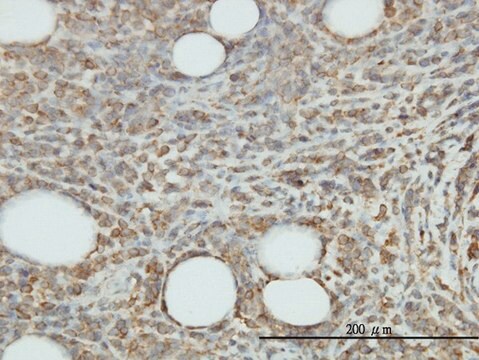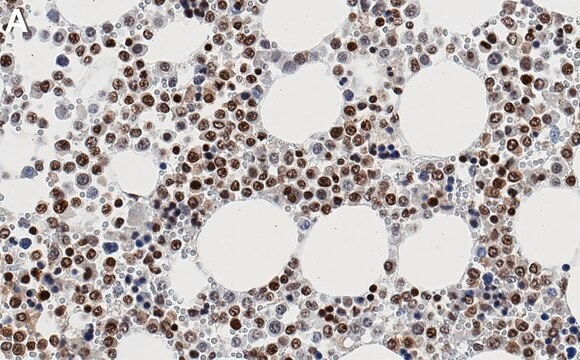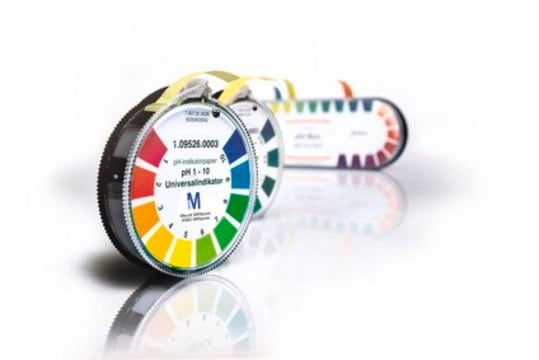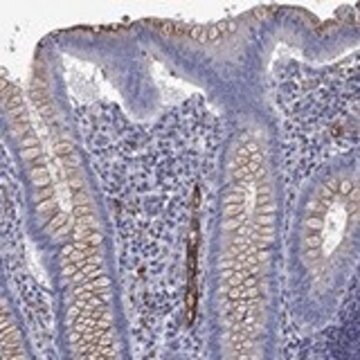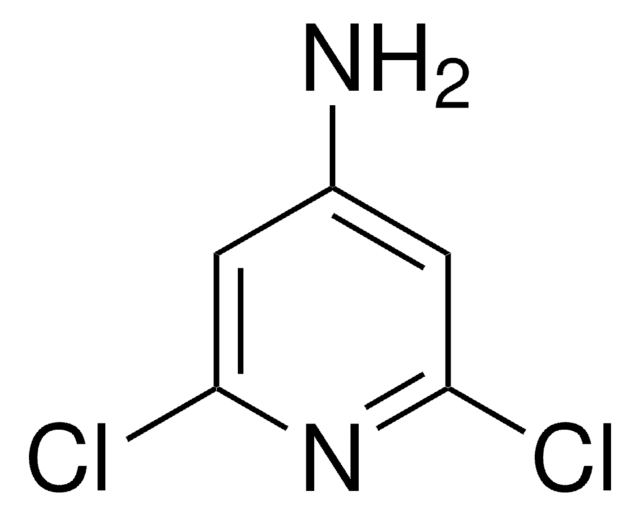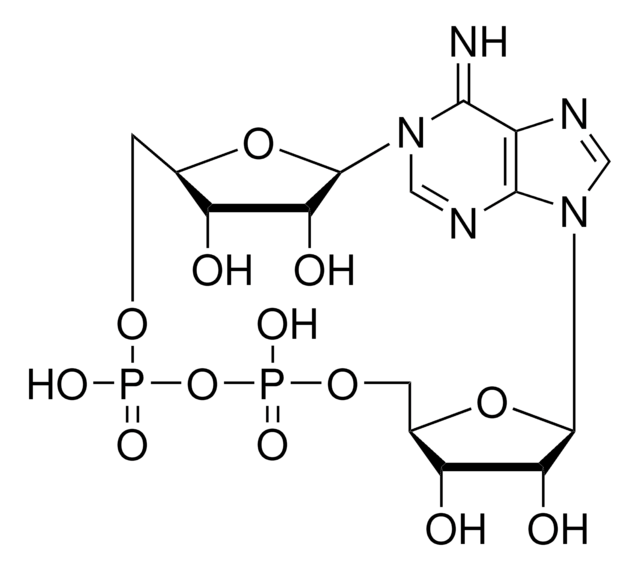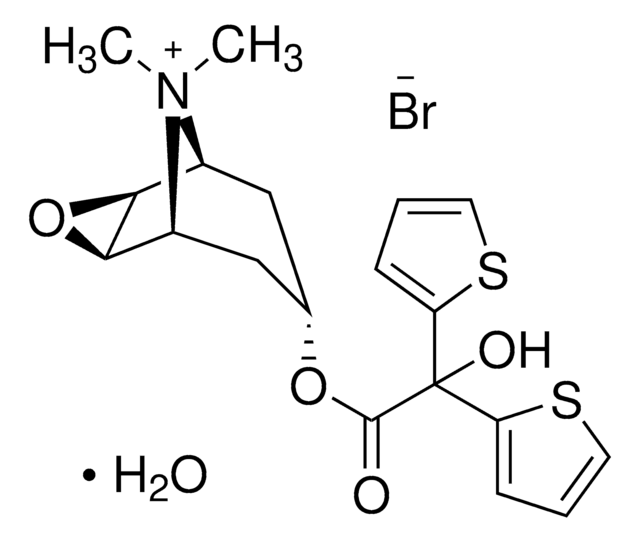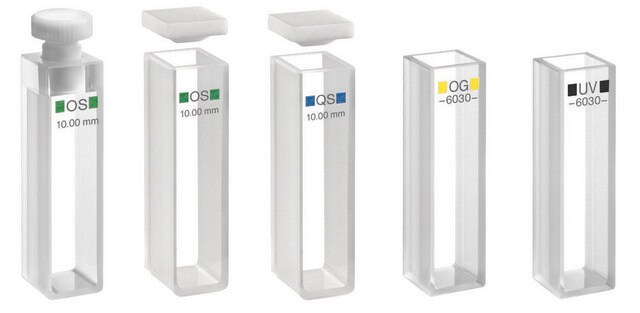MABF2072
Anti-MAdCAM-1 Antibody, clone MECA-367
clone MECA-367, from rat
Sinónimos:
Mucosal addressin cell adhesion molecule 1, mMAdCAM-1
About This Item
Productos recomendados
origen biológico
rat
forma del anticuerpo
purified immunoglobulin
tipo de anticuerpo
primary antibodies
clon
MECA-367, monoclonal
reactividad de especies
mouse
envase
antibody small pack of 25 μg
técnicas
immunohistochemistry: suitable (paraffin)
neutralization: suitable
western blot: suitable
isotipo
IgG2aκ
Nº de acceso NCBI
Nº de acceso UniProt
modificación del objetivo postraduccional
unmodified
Información sobre el gen
mouse ... Madcam1(17123)
Descripción general
Especificidad
Inmunógeno
Aplicación
Inflammation & Immunology
Immunohistochemistry (Paraffin) Analysis: A representative lot detected MAdCAM-1 in Immunohistochemistry applications (Streeter, P.R., et. al. (1988). Nature. 331(6151):41-6).
Immunohistochemistry Analysis: A representative lot detected MAdCAM-1 in Immunohistochemistry applications (Streeter, P.R., et. al. (1988). Nature. 331(6151):41-6; Rantakari, P., et. al. (2016). Nature. 538(7625):392-396).
Neutralizing Analysis: A representative lot neutralizes the action on MAdCAM-1 and reduces chronic ileitis (Rivera-Nieves, J., et. al. (2005). J Immunol. 174(4):2343-52).
Inhibits Activity/Function: A representative lot almost completely inhibited lymphocyte migration to Peyer s patches and also blocked the adhesion of the mucosal high endothelial venules (HEV) binding to T cell lymphoma TK1. (Streeter, P.R., et. al. (1988). Nature. 331(6151):41-6; Briskin, M.J., et. al. (1993). Nature. 363(6428):461-4).
Calidad
Immunohistochemistry (Paraffin) Analysis: A 1:50 dilution of this antibody detected MAdCAM-1 in mouse colon tissue sections.
Descripción de destino
Forma física
Almacenamiento y estabilidad
Handling Recommendations: Upon receipt and prior to removing the cap, centrifuge the vial and gently mix the solution. Aliquot into microcentrifuge tubes and store at -20°C. Avoid repeated freeze/thaw cycles, which may damage IgG and affect product performance.
Otras notas
Cláusula de descargo de responsabilidad
¿No encuentra el producto adecuado?
Pruebe nuestro Herramienta de selección de productos.
Certificados de análisis (COA)
Busque Certificados de análisis (COA) introduciendo el número de lote del producto. Los números de lote se encuentran en la etiqueta del producto después de las palabras «Lot» o «Batch»
¿Ya tiene este producto?
Encuentre la documentación para los productos que ha comprado recientemente en la Biblioteca de documentos.
Nuestro equipo de científicos tiene experiencia en todas las áreas de investigación: Ciencias de la vida, Ciencia de los materiales, Síntesis química, Cromatografía, Analítica y muchas otras.
Póngase en contacto con el Servicio técnico
